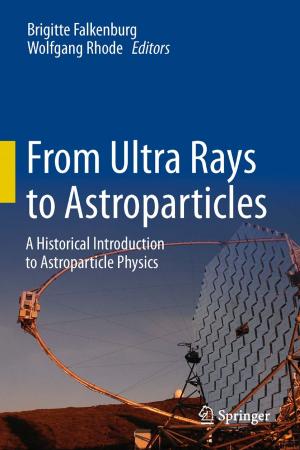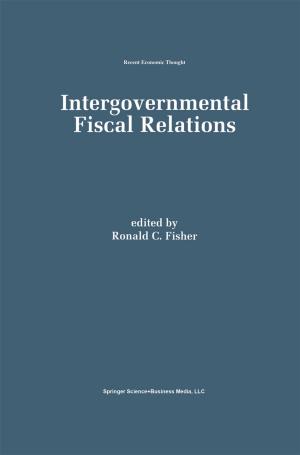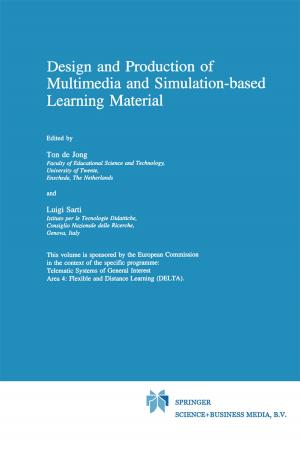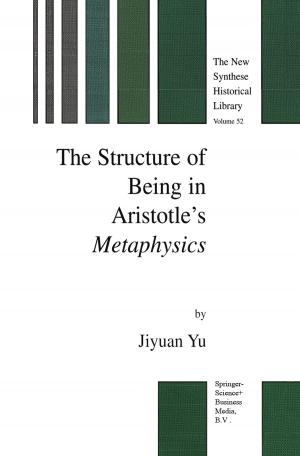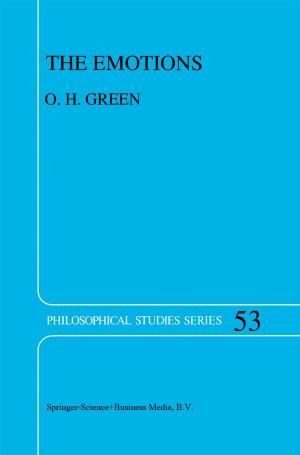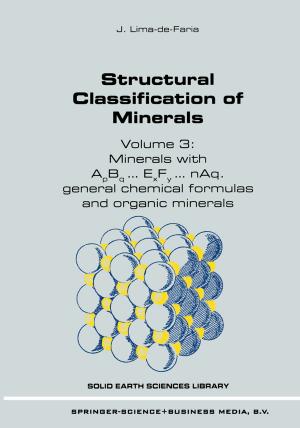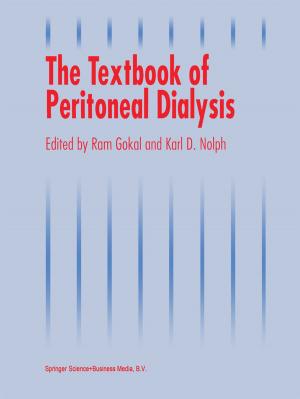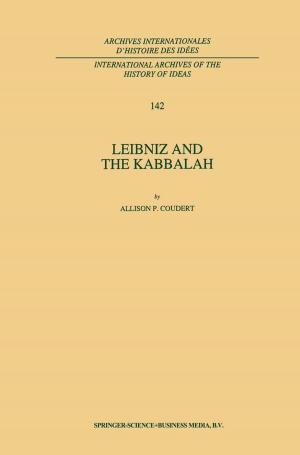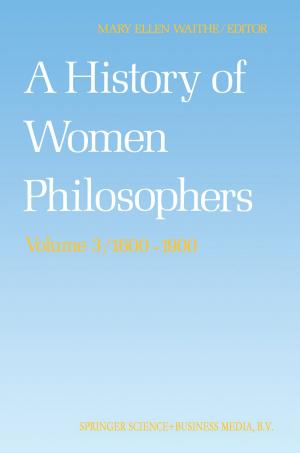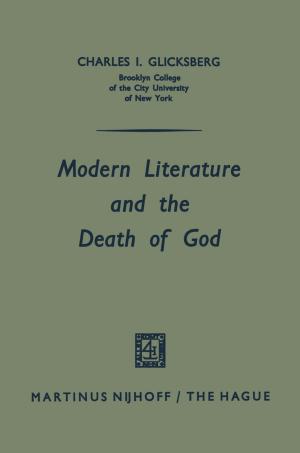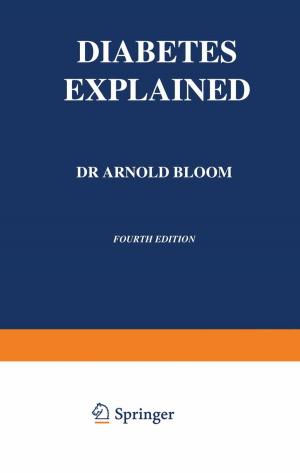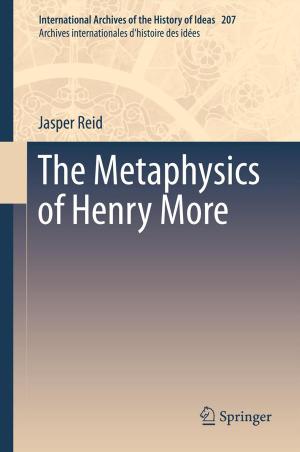Starling’s Law of The Heart Revisited
Nonfiction, Health & Well Being, Medical, Specialties, Internal Medicine, Cardiology| Author: | ISBN: | 9789400913134 | |
| Publisher: | Springer Netherlands | Publication: | December 6, 2012 |
| Imprint: | Springer | Language: | English |
| Author: | |
| ISBN: | 9789400913134 |
| Publisher: | Springer Netherlands |
| Publication: | December 6, 2012 |
| Imprint: | Springer |
| Language: | English |
H. E. D. J. TER KEURS & M. I. M. NOBLE The "Starling's Law of the Heart" and "The Frank-Starling Mechanism" have long been the cornerstone of cardiac mechanical physiology. It is often forgotten that Frank and Starling carried out fundamentally different exper iments. Frankl measured the isovolumic pressure developed by frog heart at different volumes. He therefore discovered the pressure-volume-volume rela tionship which depends directly on the force-length relationship of the 2 sarcomeres. Starling ,3 studied cardiac shortening as manifest by cardiac output and its relationship to end-diastolic conditions as manifest by right atrial pressure. Thus he was studying the ability of cardiac muscle to shorten more at a given load from a greater initial length. Starling in the promulga 4 tions of his law implied a common mechanism for these two phenomena and spoke of the "energy liberated" being a function of initial muscle fiber length. However, there has been much confusion about the interrelationship between the two different aspects studied by Frank and Starling. The 1960s saw the era of isolated cardiac muscle mechanics, beginning with 5 the paper of Abbott and Mommaerts. Whole muscle length-tension relations were equated with sarcomere-length-tension relations by fixation of muscle at a particular point on the curve and determination of sarcomere length by electronmicroscopy.
H. E. D. J. TER KEURS & M. I. M. NOBLE The "Starling's Law of the Heart" and "The Frank-Starling Mechanism" have long been the cornerstone of cardiac mechanical physiology. It is often forgotten that Frank and Starling carried out fundamentally different exper iments. Frankl measured the isovolumic pressure developed by frog heart at different volumes. He therefore discovered the pressure-volume-volume rela tionship which depends directly on the force-length relationship of the 2 sarcomeres. Starling ,3 studied cardiac shortening as manifest by cardiac output and its relationship to end-diastolic conditions as manifest by right atrial pressure. Thus he was studying the ability of cardiac muscle to shorten more at a given load from a greater initial length. Starling in the promulga 4 tions of his law implied a common mechanism for these two phenomena and spoke of the "energy liberated" being a function of initial muscle fiber length. However, there has been much confusion about the interrelationship between the two different aspects studied by Frank and Starling. The 1960s saw the era of isolated cardiac muscle mechanics, beginning with 5 the paper of Abbott and Mommaerts. Whole muscle length-tension relations were equated with sarcomere-length-tension relations by fixation of muscle at a particular point on the curve and determination of sarcomere length by electronmicroscopy.

